Department Of Veterans Affairs
-

Vanderbilt’s historic commitment to service members strengthens bond for the future
See the ways Vanderbilt is supporting and celebrating our military service members and veterans. Read MoreNov 11, 2024
-

Chaplains on the front lines: Vanderbilt Divinity degree equips VA/military chaplains for mental health care needs
Recognizing the significant suicidality, post-traumatic stress, depression and moral injury endured by active military and veteran populations, Vanderbilt Divinity School has partnered with Integrative Mental Health, a national program of the U.S. Department of Veterans Affairs, to prepare chaplains for contemporary care challenges. Read MoreFeb 5, 2024
-
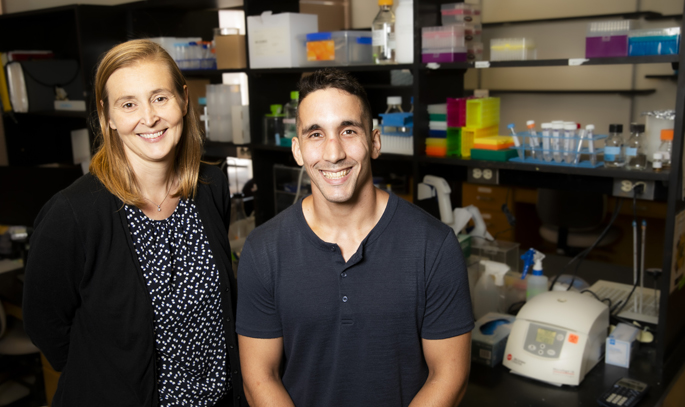
MicroRNAs in immune cells help protect against metabolic defects in obesity: study
Vanderbilt researchers have demonstrated that a cluster of microRNAs — small pieces of RNA that regulate gene expression — work in a type of immune cells called macrophages to help protect against metabolic defects in obesity. Read MoreSep 5, 2023
-
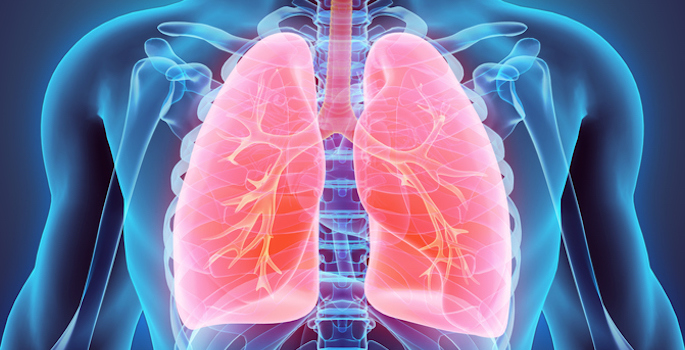
Tracking lung macrophages
A new technique will allow researchers to track subsets of immune cells that patrol and defend the lungs, to better understand the roles of these cells during lung inflammation, infection and injury. Read MoreMay 4, 2023
-
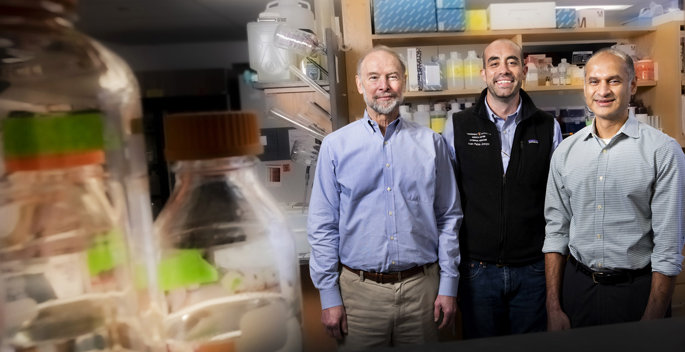
VUMC researchers upend dogma about vasopressin production
Vanderbilt investigators have discovered that vasopressin, which has long been thought to be produced only in the brain, is also produced in the kidney. Read MoreJan 5, 2023
-

Policy, resources crucial for lung cancer screening: study
Vanderbilt reseach shows that resources for lung cancer screening programs increased the number of veterans screened. Read MoreSep 29, 2022
-

Study identifies key player in T cell “education”
New Vanderbilt research could inform therapeutic strategies for enhancing thymic function when desired — such as during aging, recovery from radiation therapy or chemotherapy, or other conditions that reduce T cell output. Read MoreSep 1, 2022
-

Invasive strep can defy zinc toxicity
Vanderbilt researchers find that invasive Group B Streptococcus strains, a significant risk to pregnant patients and infants, can grow in presence of toxic zinc levels. Read MoreFeb 28, 2022
-

Gene variants increase risk of kidney failure in Black veterans with COVID-19: study
Gene variants increased the risk of acute kidney injury and death in veterans of African ancestry who were hospitalized with COVID-19, possibly explaining some health disparities associated with COVID-19. Read MoreFeb 10, 2022
-

Accelerating podocyte production
A new method developed by Vanderbilt researchers to generate kidney cells from stem cells offers a faster and less expensive way to make these valuable tools for studying kidney diseases. Read MoreFeb 1, 2022
-
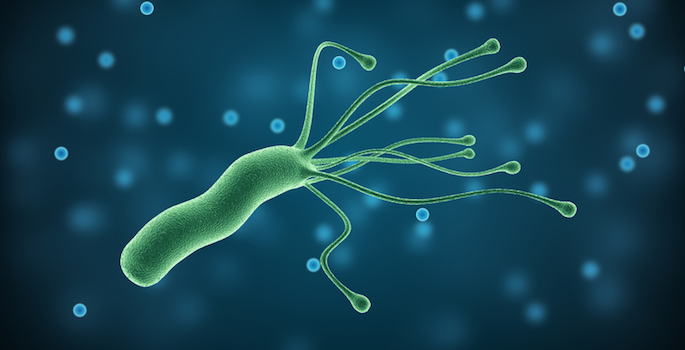
H. pylori, lipid loss and stomach cancer
H. pylori infection — a strong risk factor for stomach cancer — changes the composition of stomach lipids, which could offer new biomarkers for detecting premalignant changes, Vanderbilt researchers discovered. Read MoreJan 17, 2022
-
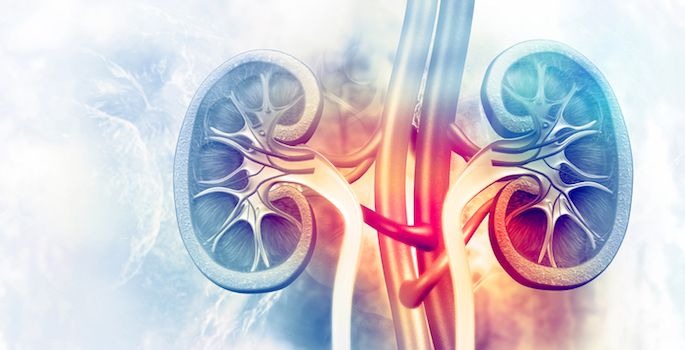
The role of integrins in kidney “integrity”
Receptors called integrins play a critical role in maintaining the structure of the kidney, Vanderbilt researchers have discovered. Read MoreJan 13, 2022
-

Vitamin D impact on disease biomarkers
In a randomized controlled trial, vitamin D supplementation did not improve biomarkers for cardiovascular and metabolic disease. Read MoreAug 10, 2021
-

Gene expression in diabetic nephropathy
Vanderbilt researchers are looking to mRNA populations in podocytes — kidney cells that help filter blood — to help identify potential targets for treating diabetic kidney disease. Read MoreAug 5, 2021
-

Beta cell regeneration
Vanderbilt researchers dissected the complex microenvironment of the pancreatic islet to discover the signals that drive beta cell regeneration — as a possible treatment for diabetes. Read MoreMay 20, 2021
-

New insights into kidney development
Integrin-linked kinase, a central component of a complex that coordinates cell signaling involved in migration, proliferation and cell death, plays a role in kidney development and epithelial cell function. Read MoreApr 15, 2021
-
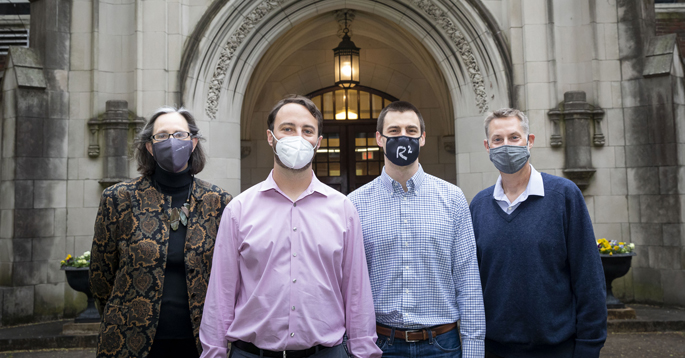
Study revises understanding of cancer metabolism
Tumors consume glucose at high rates, but a team of Vanderbilt researchers has discovered that cancer cells themselves are not the culprit, upending models of cancer metabolism that have been developed and refined over the last 100 years. Read MoreApr 7, 2021
-

Codeine metabolizer status in clinical practice
Vanderbilt researchers have developed a response score using genetic and clinical information to aid prescribing of the widely used pain medication codeine. Read MoreApr 5, 2021
-

Targeting glucagon action in diabetes
Disrupting the action of glucagon — a pancreatic hormone that works to raise blood glucose — restores functional insulin-producing cells in mouse models of type 1 diabetes and may be a promising treatment strategy. Read MoreMar 4, 2021
-

Microbial RNA and rheumatoid arthritis
Small RNAs — short stretches of genetic material — from microbes may be playing a role in rheumatoid arthritis and other autoimmune diseases. Read MoreJan 11, 2021